Account
Loading...
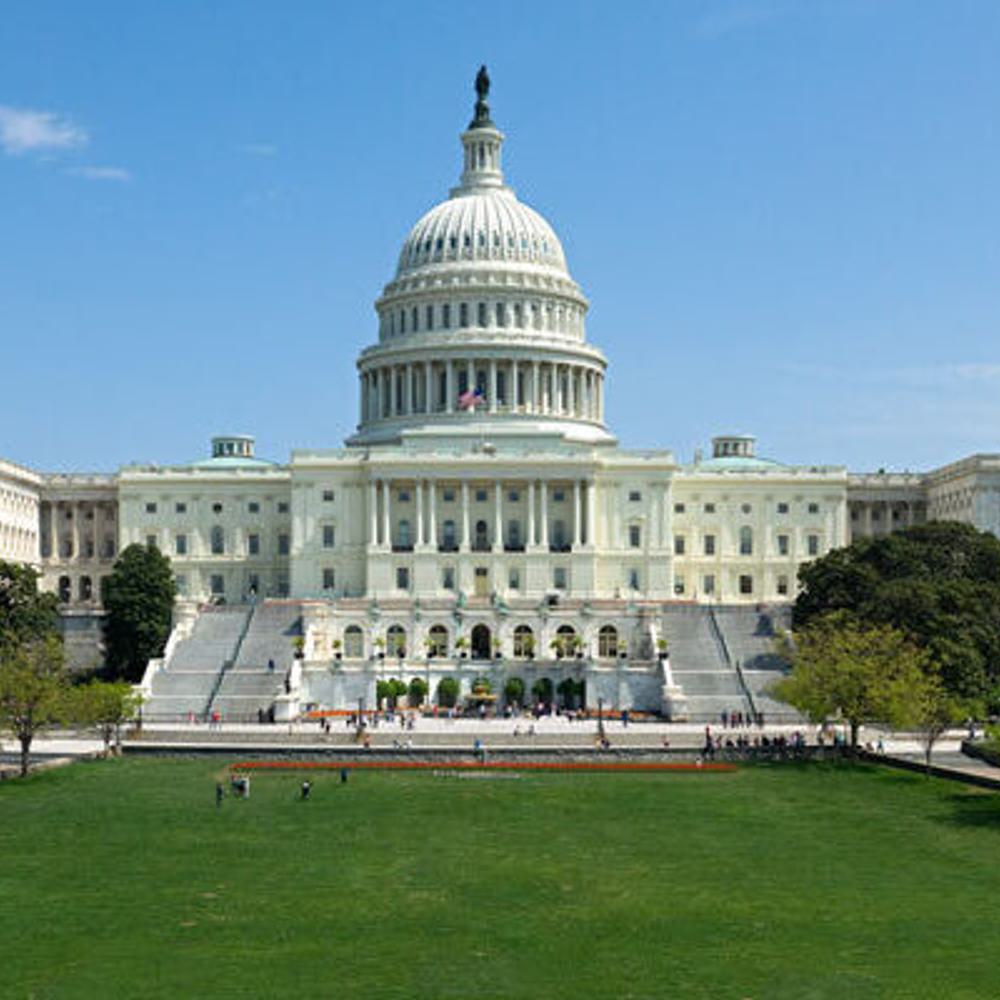
After four years of failed leadership by the Biden-Harris administration, folks in Alabama and across this country are ready for new leadership so we can get this country back on track.

One of the greatest achievements of the Trump administration and the Republican-controlled Congress during the beginning of President Trump’s term was passing the Tax Cuts and Jobs Act (TCJA) in January 2018.
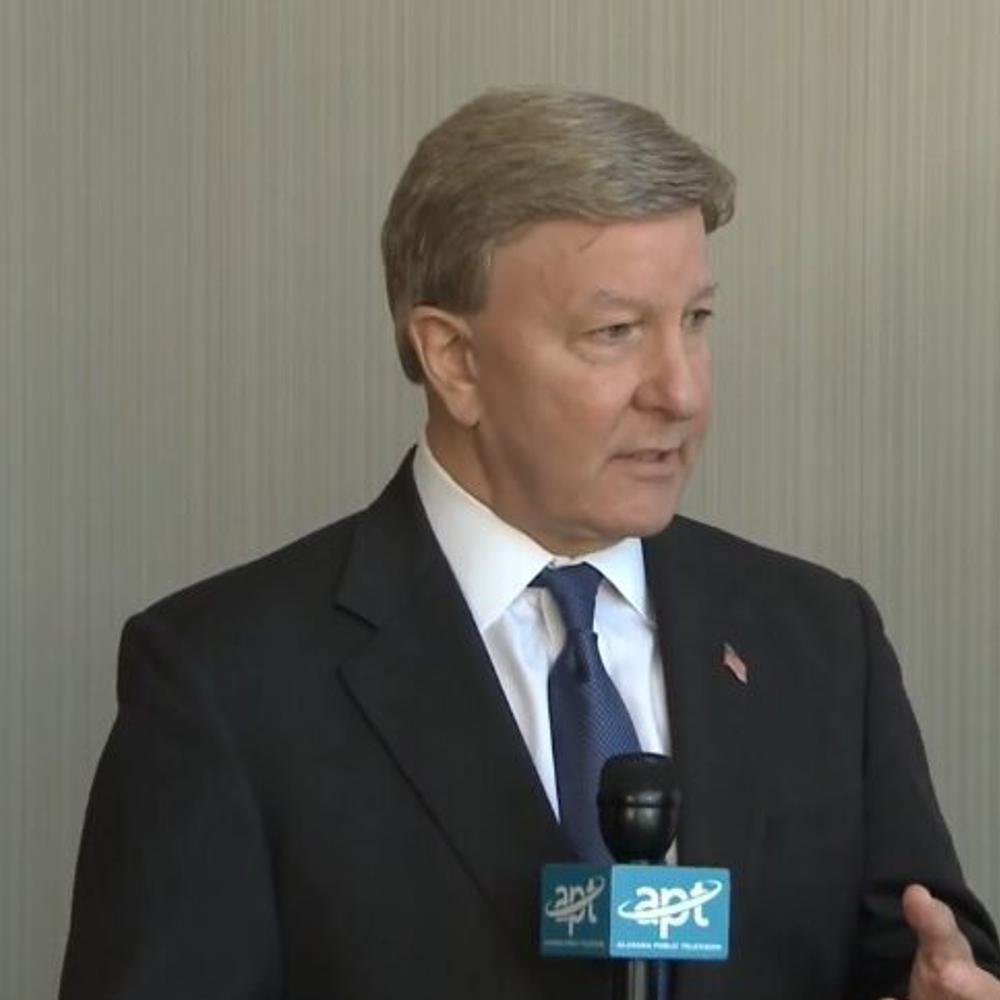
Whether multiple tax cuts and deductions passed in 2017 are extended next year will depend on which party wins the 2024 presidential election, according to U.S. Rep. Mike Rogers (R-Saks).

Alabamians are feeling a bit of relief at the grocery store checkout lines as a result of the tax cut on food that a coalition of conservative lawmakers and I pushed through the legislature during the 2023 regular session.

Alabamians have made it clear that they don’t want a rebate check. Top lawmakers are now on the same page. Will Gov. Ivey listen?

Since Gov Kay Ivey suggested a $200 tax rebate for Alabamians, debate has raged on the benefits of tax rebates over against tax cuts, specifically cuts on the state’s grocery tax.
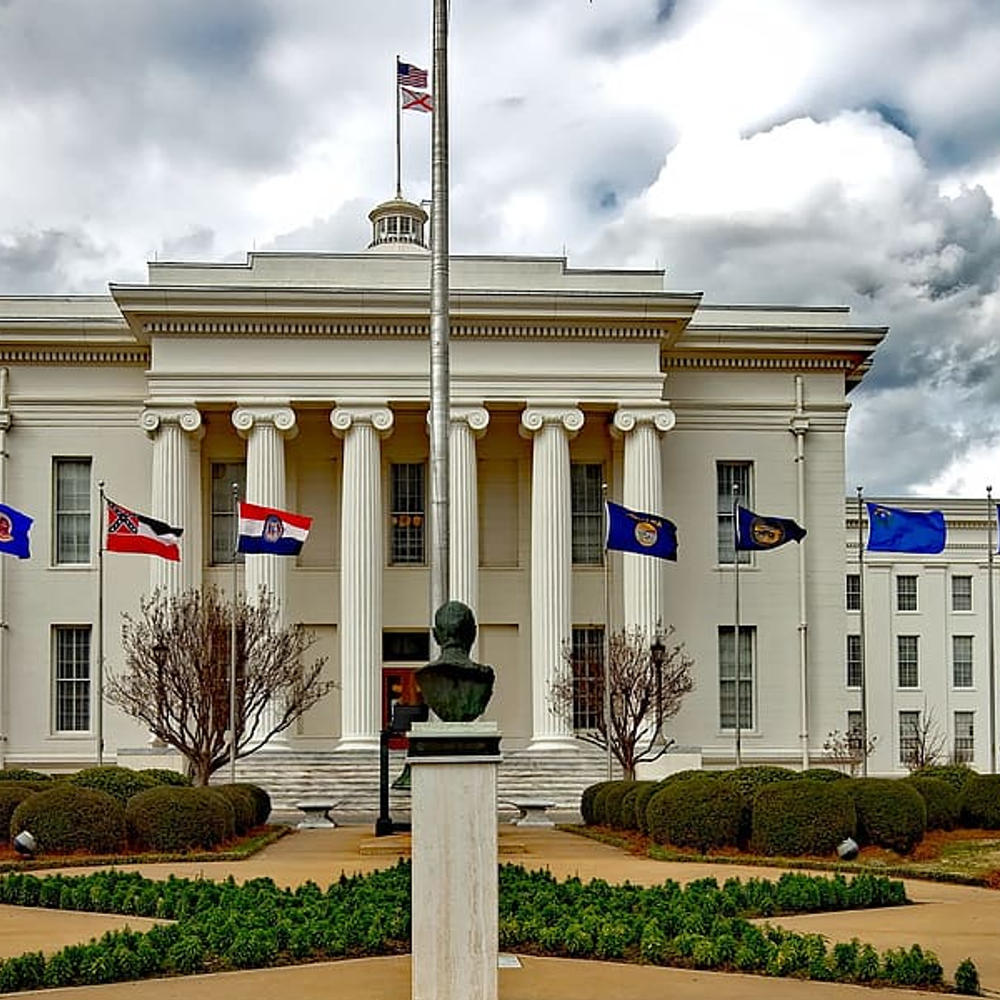
It is a positive development that Alabama lawmakers on both sides of the aisle are presenting serious proposals to reduce the tax burden of Alabamians.
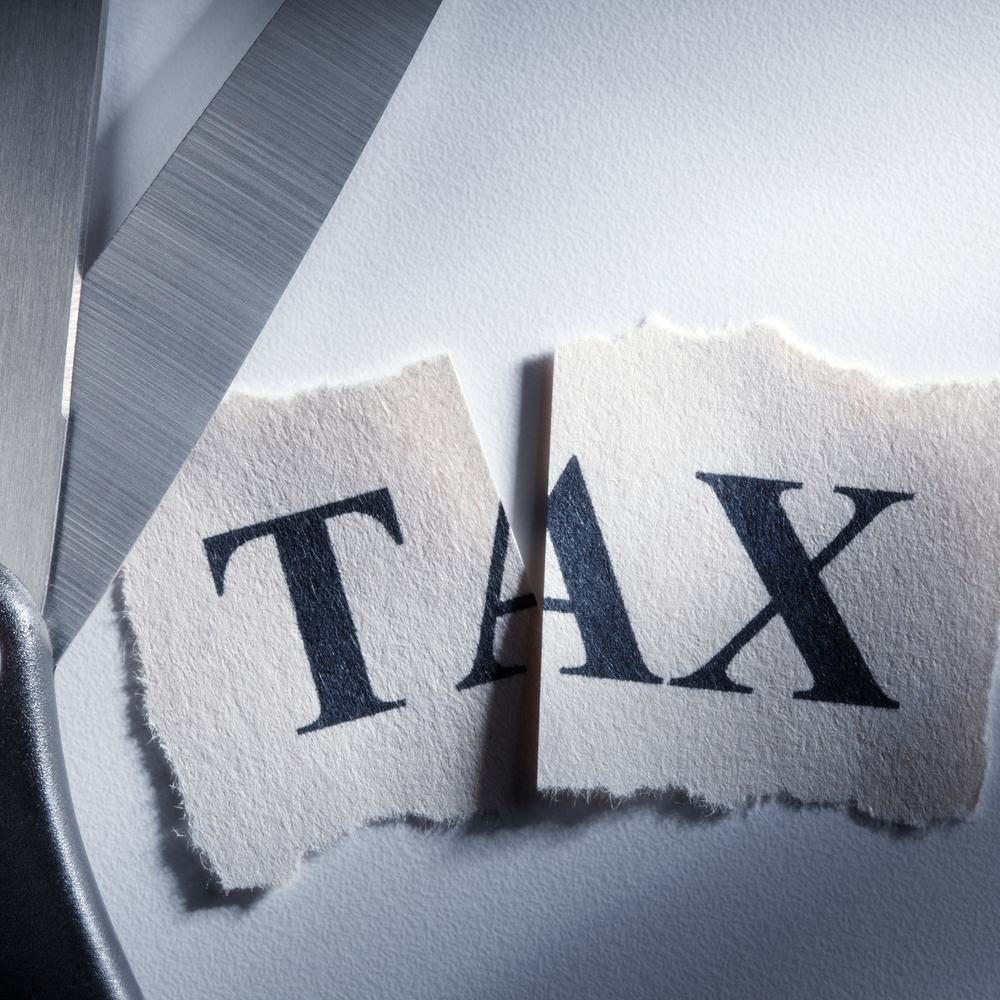
Two bills offering tax cuts to Alabamians passed through the House Ways and Means Committee on Wednesday.
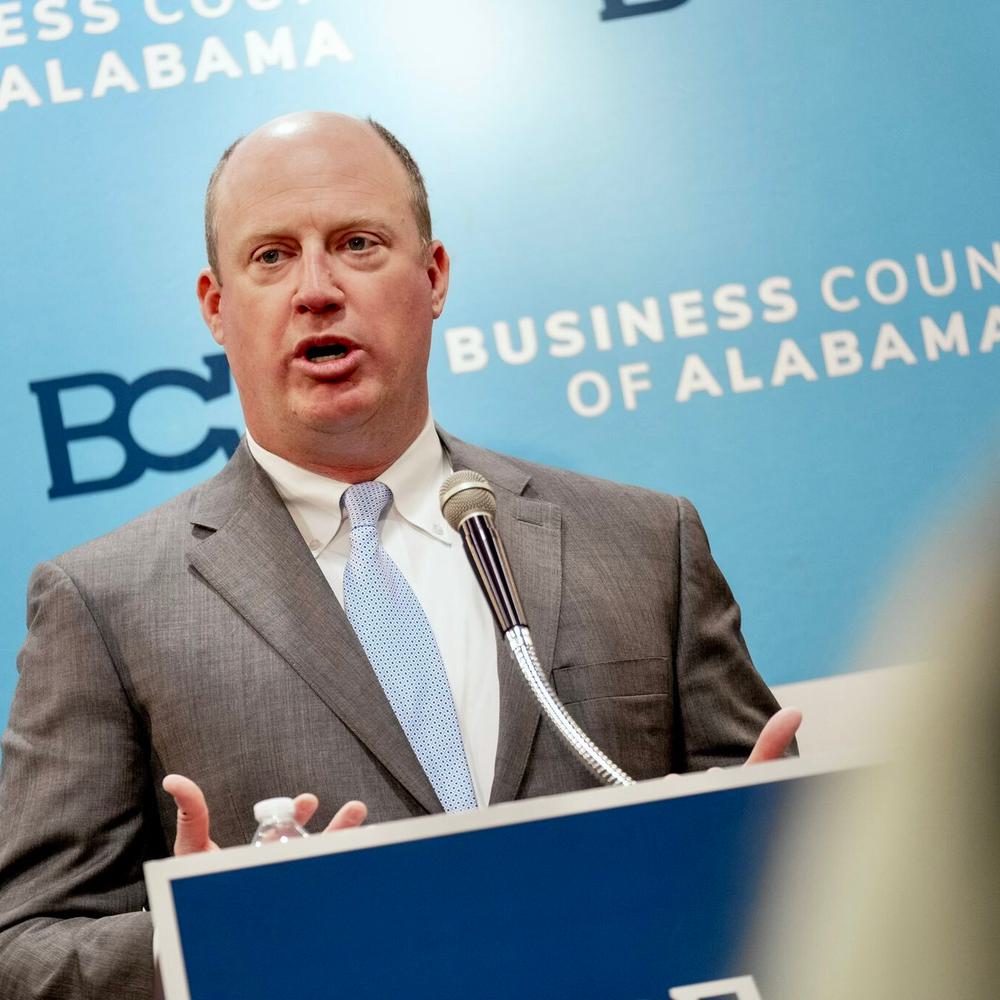
Tax cuts are a better policy than one-time tax rebates, according to Lt. Gov. Will Ainsworth.
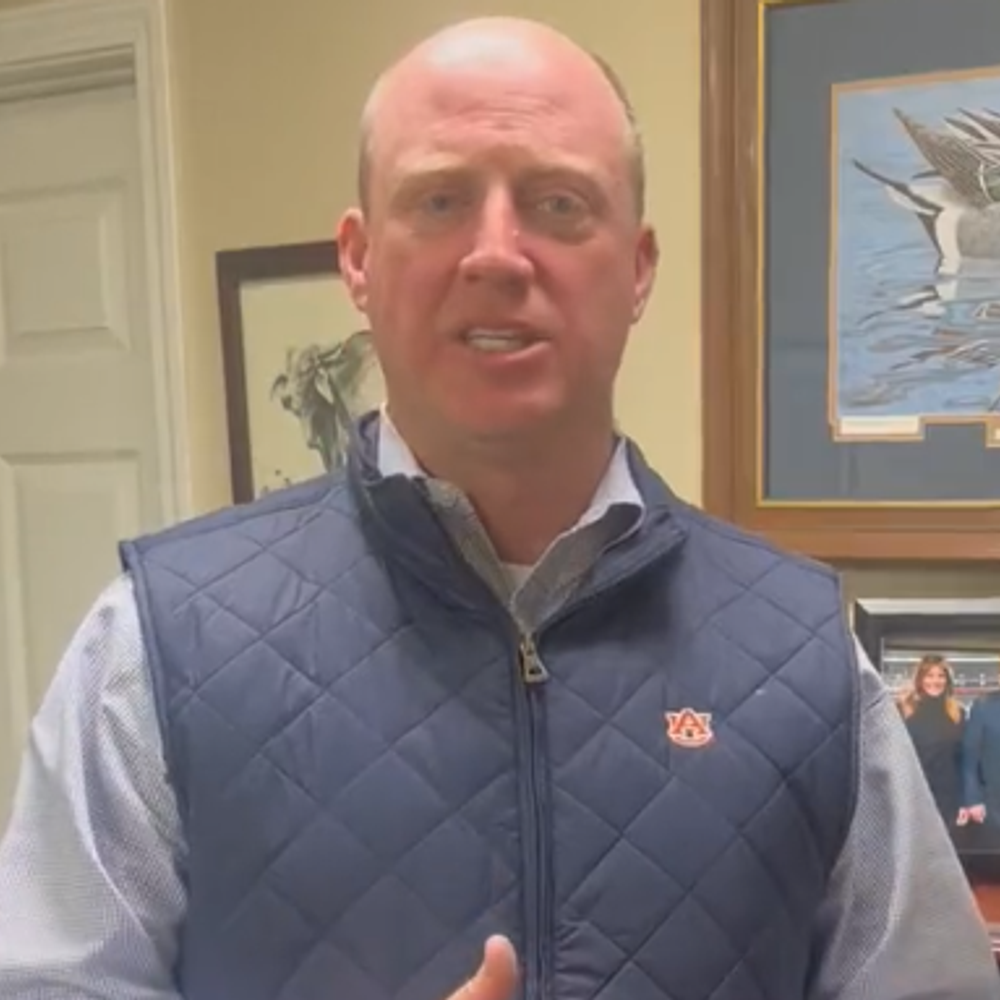
Lt. Gov. Will Ainsworth said on Friday that he was working on legislation to reduce the state’s grocery tax.
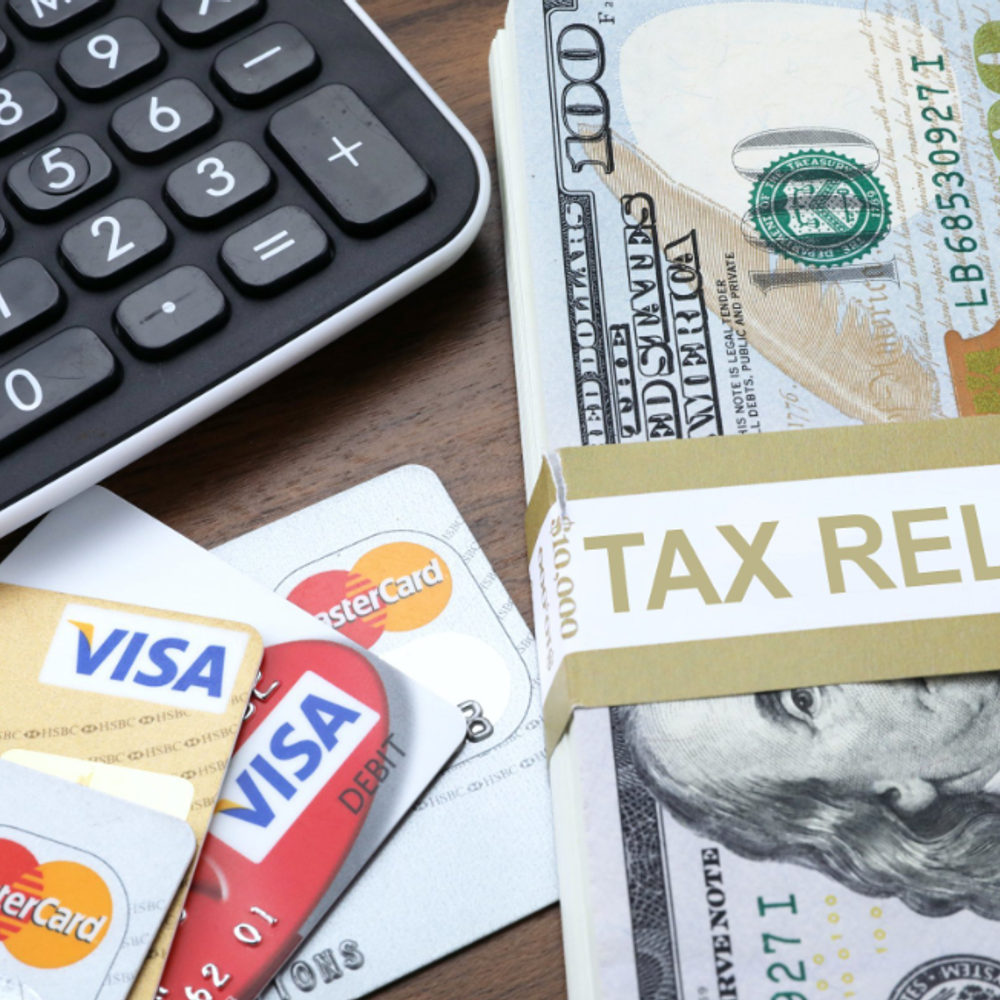
Judging from Gov. Kay Ivey’s speech last Tuesday, as well as several bills filed by Alabama lawmakers, it looks like some tax relief is in the cards for 2023.

State Sen. Andrew Jones (R-Centre) filed legislation that would reduce existing local occupational taxes incrementally down to 1% and exempt some employees from the tax.

Gov. Kay Ivey is including a one-time tax rebate, but no permanent tax cut, in her proposed budget for the next fiscal year.
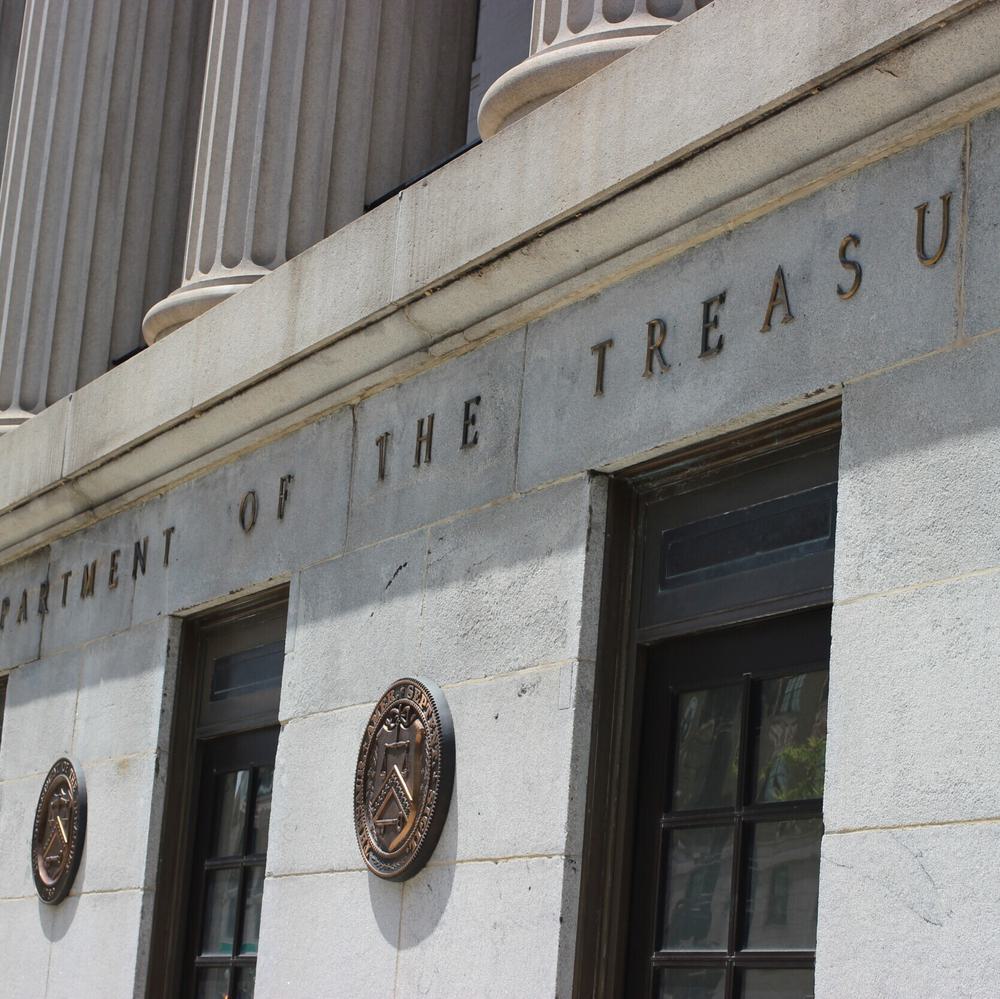
A federal court ruled in favor of Alabama in a dispute against the U.S. Department of Treasury over a provision in the Biden Administration’s $1.9 trillion American Rescue Plan (ARP) that would have punished states for cutting taxes.

Despite large state budget surpluses, legislators should “think long and hard” about cutting taxes in 2023, according to Dr. David Bronner, Retirement Systems of Alabama’s CEO.

Alabama was one of the only southeastern states in 2021 and 2022 to not offer its citizens any major, broad-based sales or income tax relief despite large state budget surpluses recently.
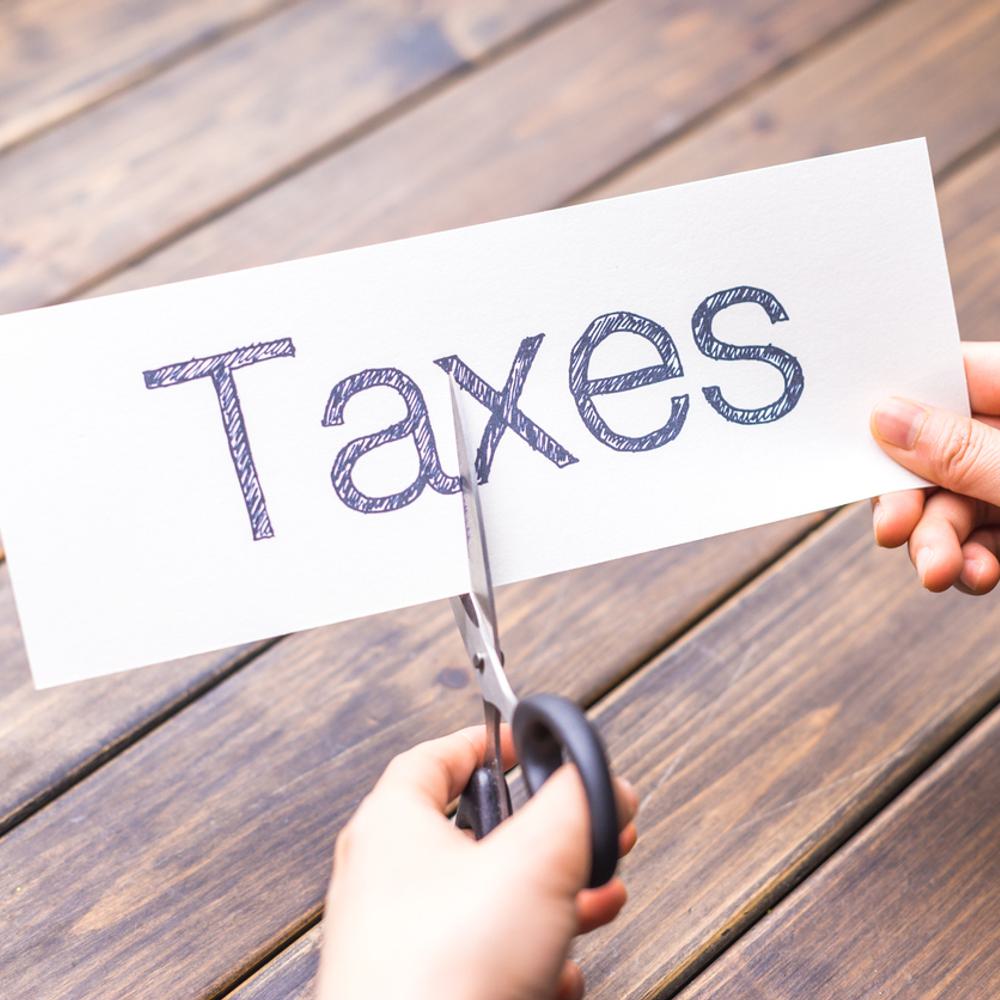
Despite early projections that a potential recession may not have as hard-hitting of an impact on Alabama as previously expected, do not expect permanent tax relief for Alabamians in 2023.

Withholding is arguably one of the most damaging things ever done to our country because it allows the government to take what is rightfully earned by you (your money) before you even get your hands on it.
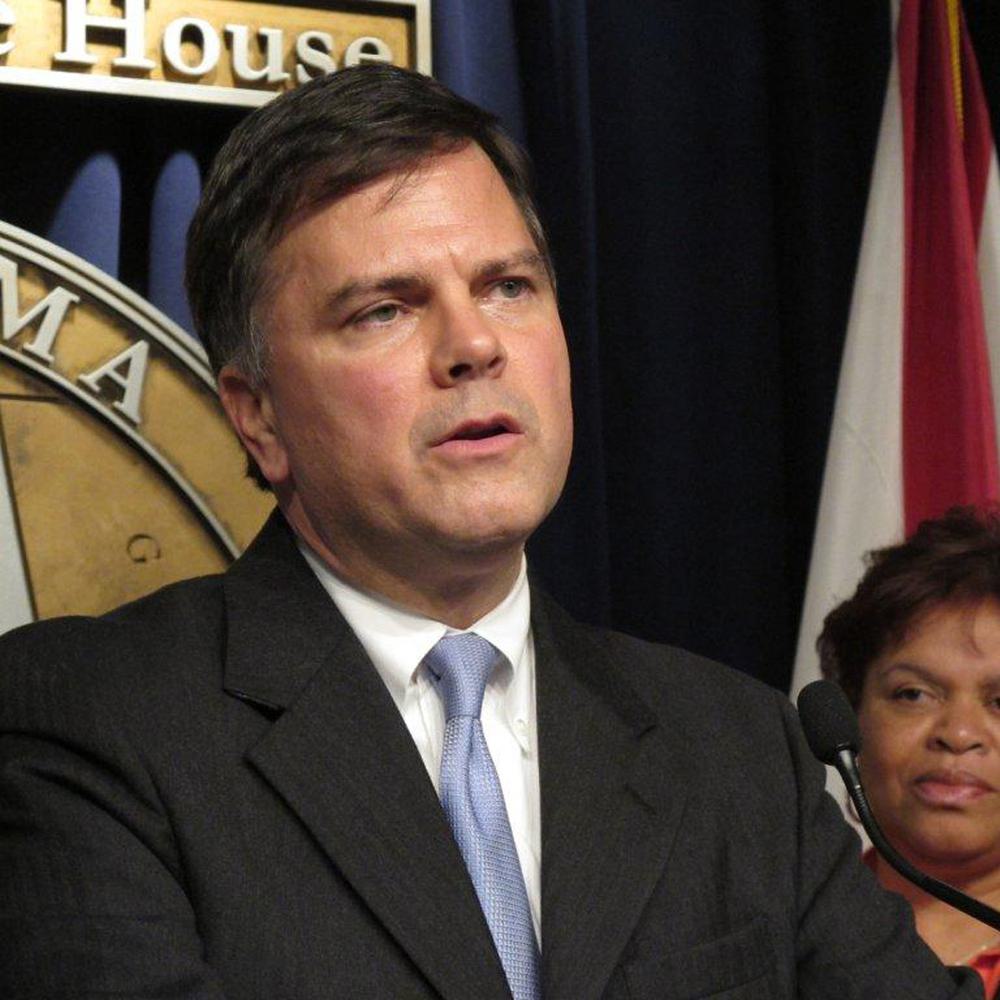
Lawmakers are grappling with what to do with a $2.7 billion education budget surplus with the 2023 legislative session around the corner.

The basic argument made by Rep. Pringle is that Alabama and the national economy will soon be in a steep decline. Because of this, the inference is that it would be fiscally irresponsible to provide permanent tax cuts to Alabamians.
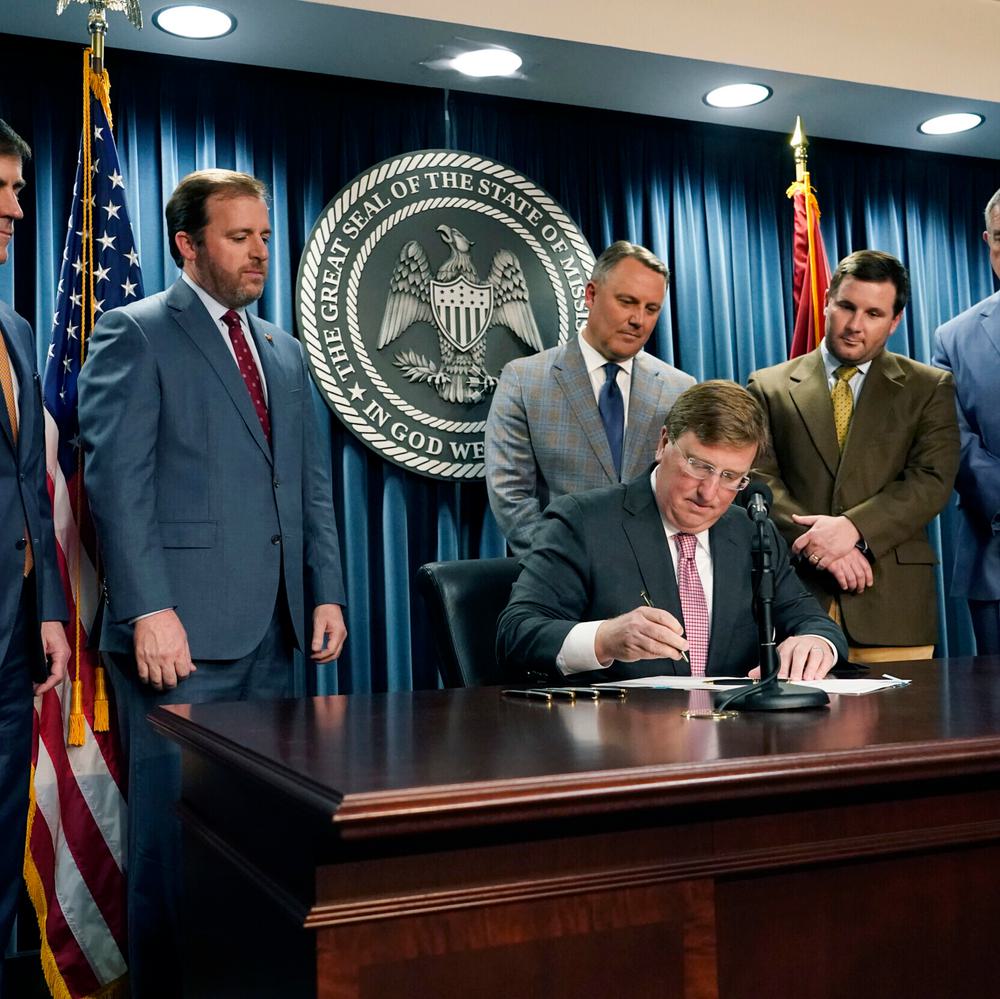
Mississippi Gov. Tate Reeves (R) announced Tuesday his plans to further reduce the state's income tax until it is entirely eliminated over the next four years.

The talk of the legislature pursuing meaningful tax cuts during the 2023 regular session continues to pick up momentum.

Lawmakers have been mixed in their public comments about what to do with a $2 billion budget surplus.
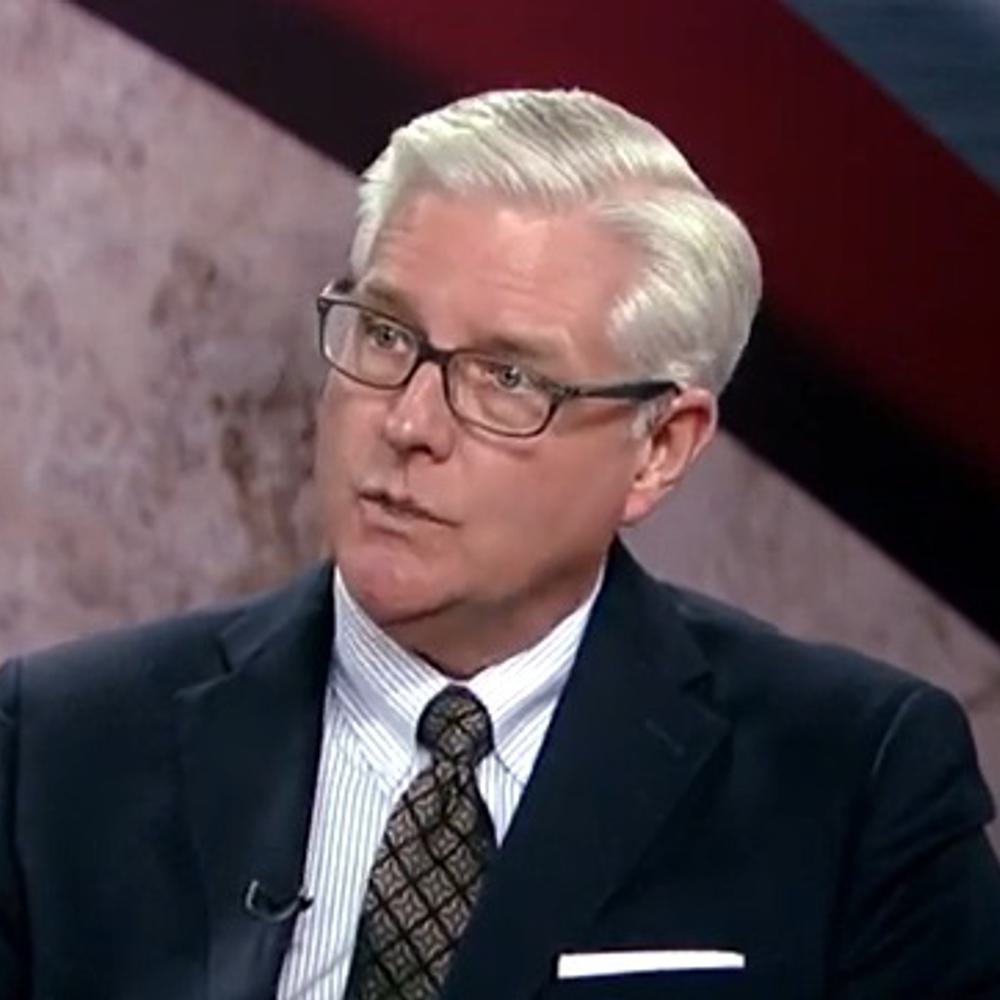
Reportedly, tax revenues into Alabama's Education Trust Fund (ETF) hit a record $10.4 billion, a whopping 20.54% higher than a year earlier.

In another sign that Alabama needs to pass major tax relief soon to remain competitive with much of the rest of the nation, South Dakota Gov. Kristi Noem and West Virginia Gov. Jim Justice both announced major tax cut proposals for their respective states this week.

Many Alabamians may soon find some financial relief if State Sen. Andrew Jones' (R-Centre) bill to reduce municipal occupational taxes makes it through the Legislature next session.

Will the United States, and thus Alabama have been in or be in a recession by this time next year?